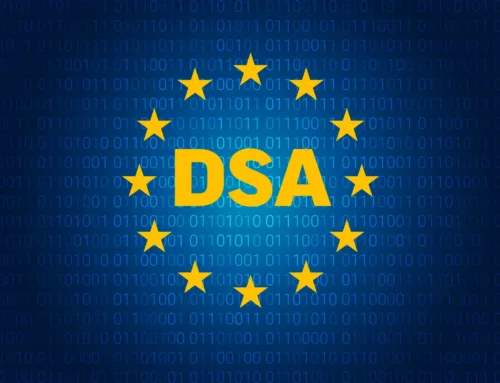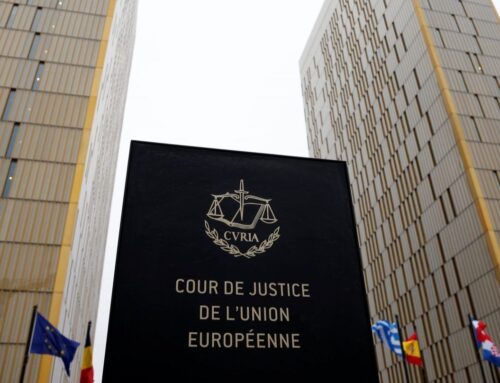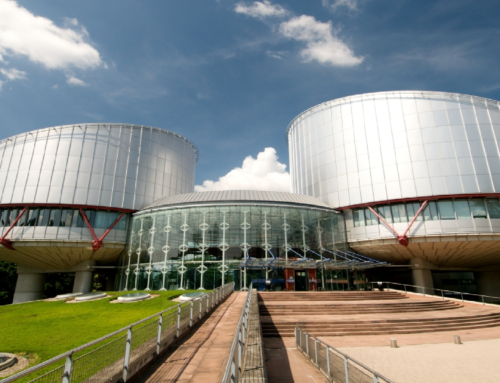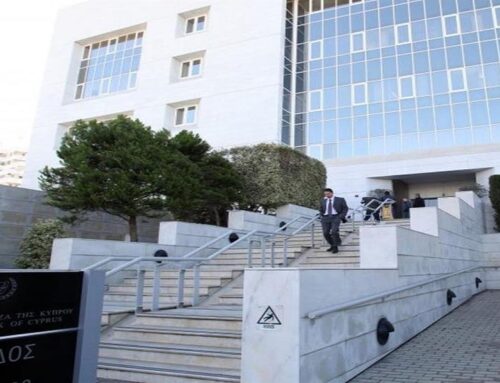Advocate General’s Opinion in Case C-18/18 Eva Glawischnig-Piesczek v Facebook Ireland Limited, is that Facebook can be ordered to seek and identify all comments identical to a defamatory comment that has been found to be illegal, and equivalent comments in so far as the latter originate from the same user.
In the Advocate’s General Maciej Szpunar opinion, the Directive on electronic commerce Directive 2000/31/EC does not preclude a host provider which operates a social network platform, such as Facebook, from being ordered, in the context of an injunction, to seek and identify, among all the information disseminated by users of that platform, the information identical to the information that has been characterised as illegal by a court that issued that injunction. According to the Advocate General, that approach ensures a fair balance between the fundamental rights involved, namely the protection of private life and personality rights, the protection of freedom to conduct a business, and the protection of freedom of expression and information. First, it does not require sophisticated techniques that might represent an extraordinary burden. Second, in view of the ease with which information can be reproduced in the internet environment, this approach is necessary in order to ensure the effective protection of privacy and personality rights. In the context of the injunction, the host provider may also be ordered to seek and identify information equivalent to that characterised as illegal, but only among the information disseminated by the user that disseminated that illegal information. A court adjudicating on the removal of such equivalent information must ensure that the effects of its injunction are clear, precise and foreseeable. In doing so, it must weigh up the fundamental rights involved and take account of the principle of proportionality
Furthermore, according to the Advocate General, since the directive does not regulate the territorial scope of an obligation to remove information disseminated via a social network platform, it does not preclude a host provider from being ordered to remove such information worldwide.
The objectives of the directive have been incorporated into Cyprus law 156(I)/2004.
NOTE: The Advocate General’s Opinion is not binding on the Court of Justice. It is the role of the Advocates General to propose to the Court, in complete independence, a legal solution to the cases for which they are responsible. The Judges of the Court are now beginning their deliberations in this case. Judgment will be given at a later date.
The full text of the Opinion can be found here.




















